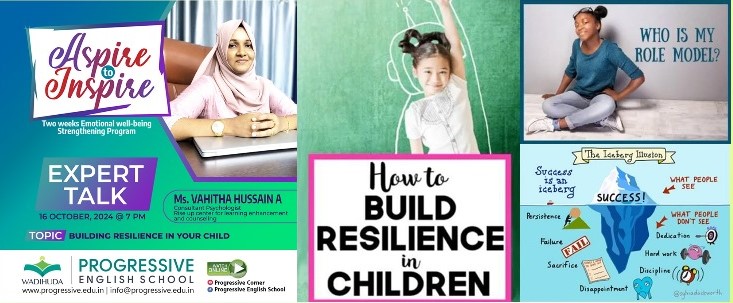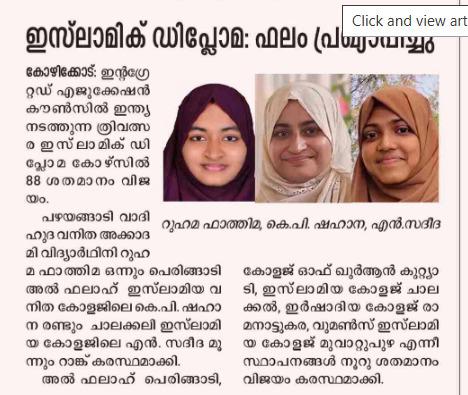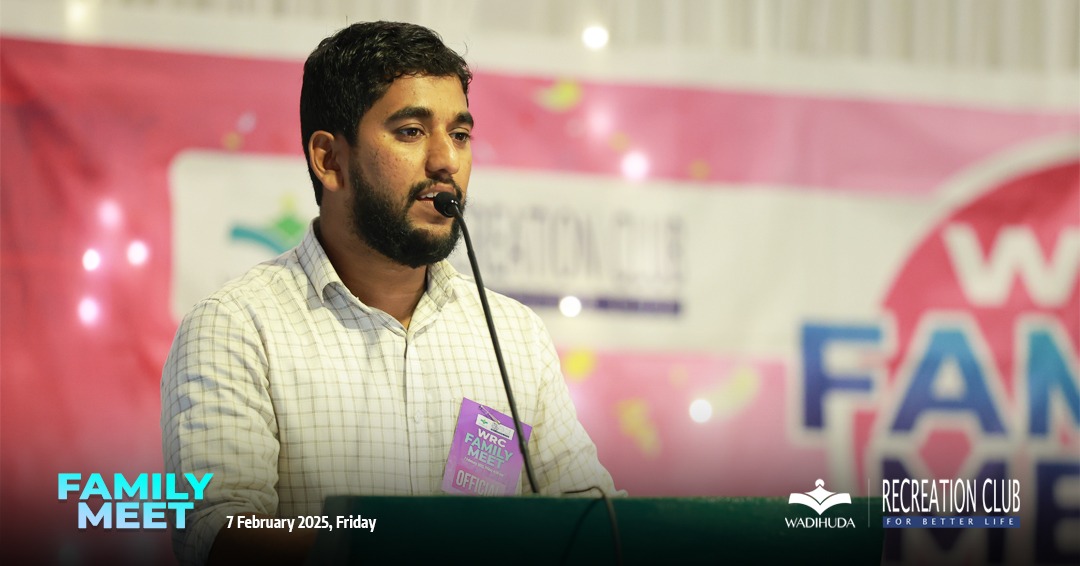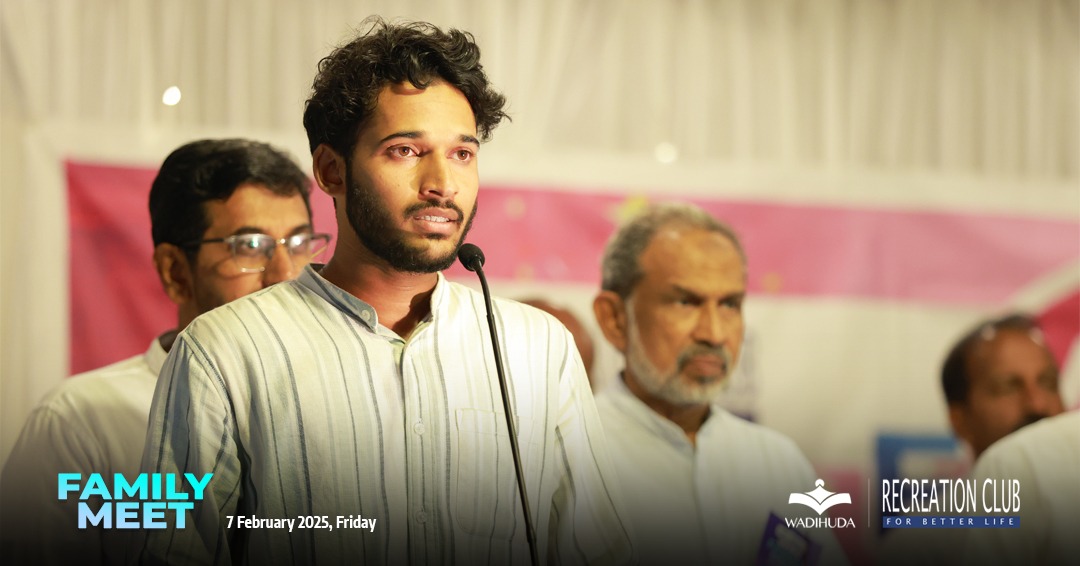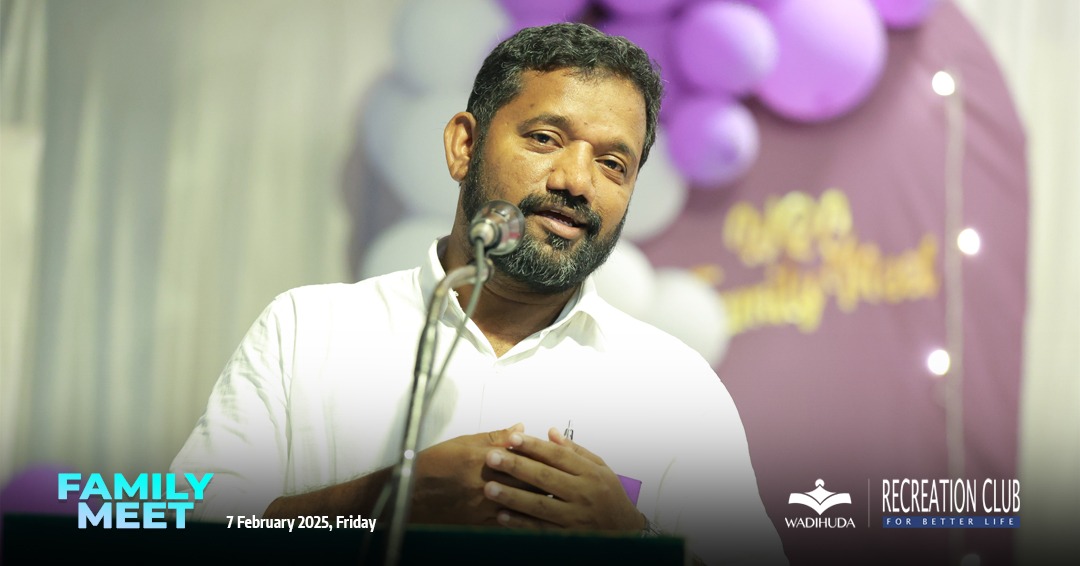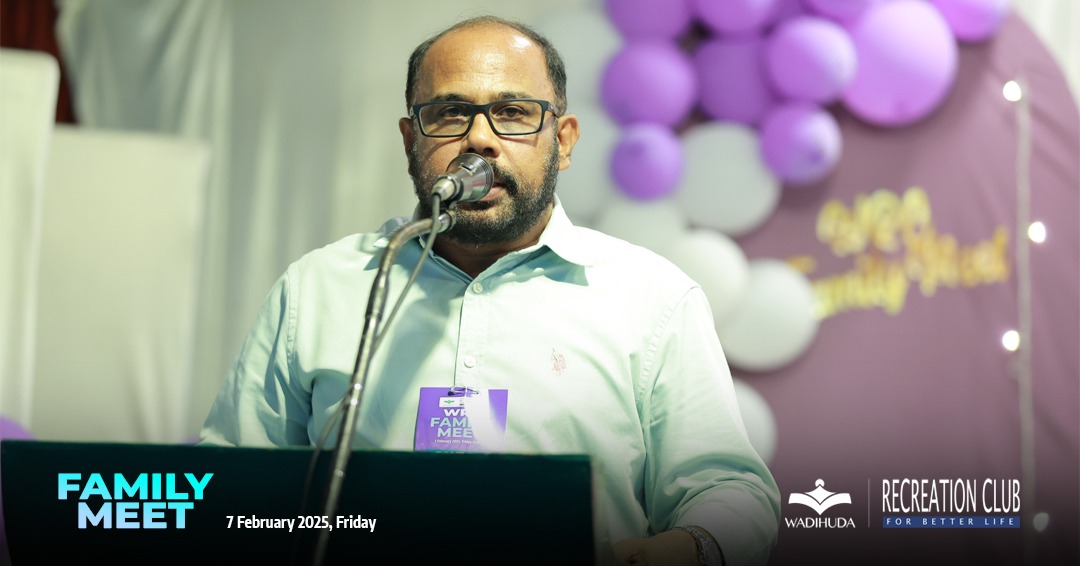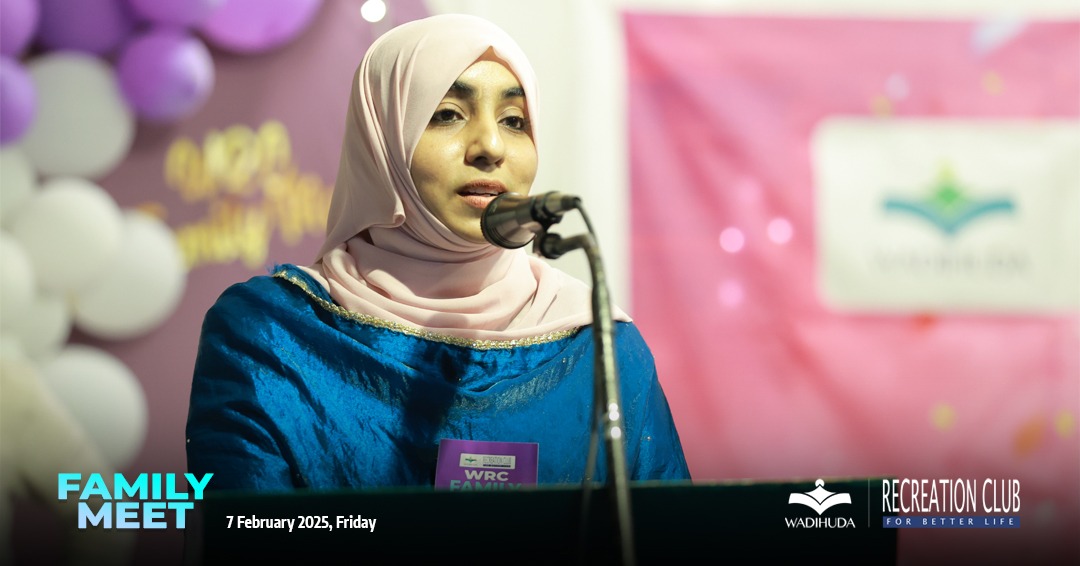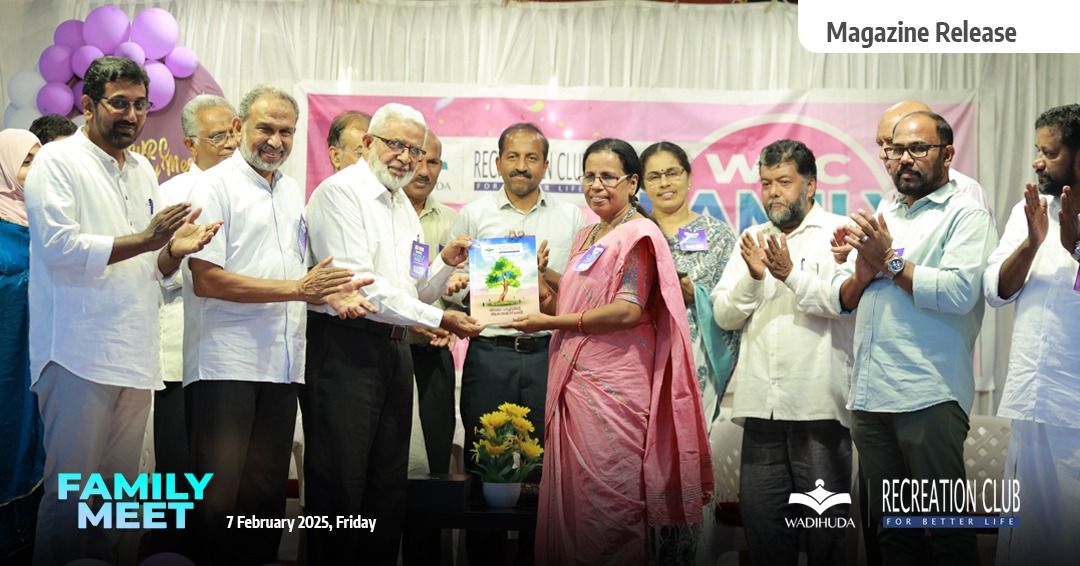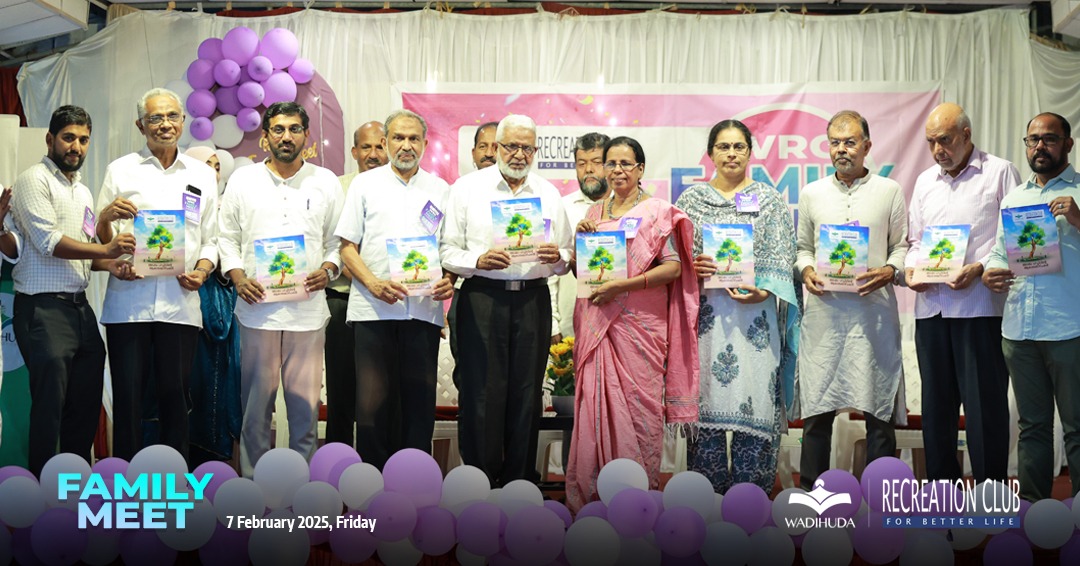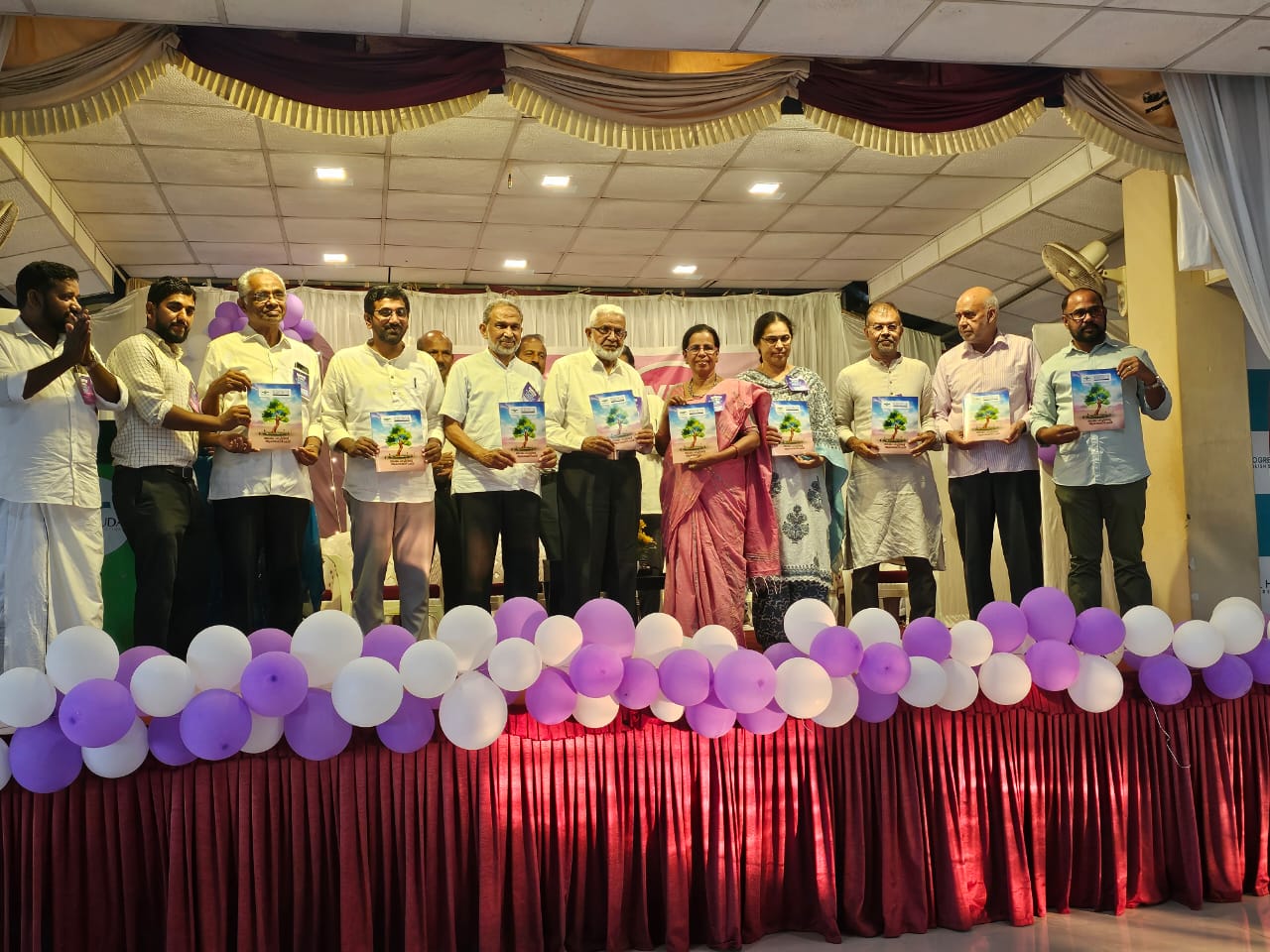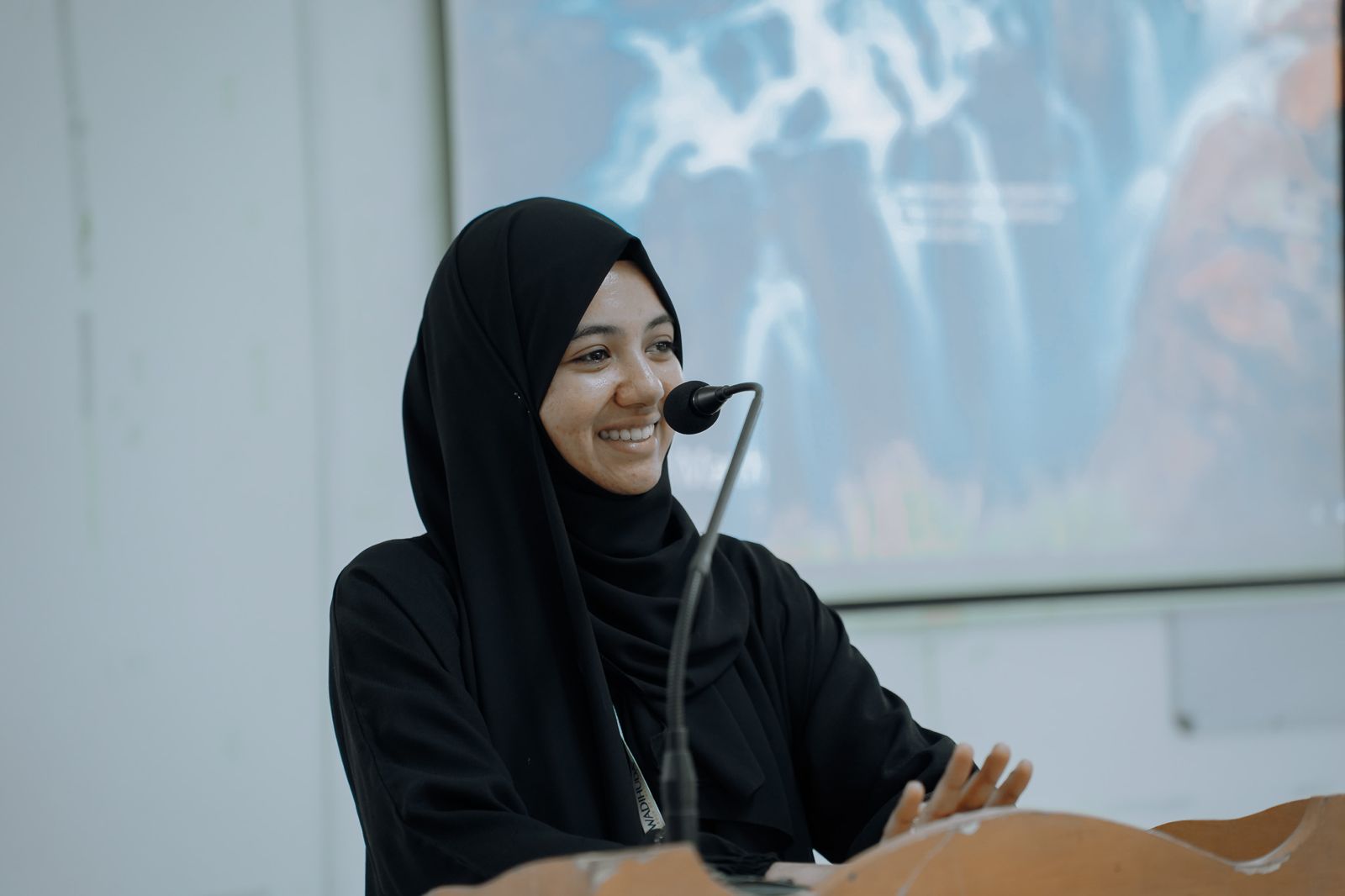Apr 24, 2025
As part of the two-week Mental Wellness Programme, Inspiring Efforts, an online session titled "Building Children's Resilience" was organized on 16th October 2024 for all students. The session was led by Ms. Vahita Hussain A. Consultant Psychologist, and aimed to equip students with skills to build resilience and adaptability when facing life's chal- lenges.
The session underscored that developing resilience is vital for children, helping them face obstacles with confidence and adaptability. Ms. Vahita emphasized the importance of adults modeling resilience themselves, as children learn by observing. By managing stress and adversity in a calm and positive way, adults can demonstrate constructive responses to difficulties. Verbalizing thoughts during challenging moments, such as saying, "This is tough, but I know I can figure it out," was encouraged to show children a healthy mindset.
Encouraging problem-solving skills was also highlighted as a critical aspect of resilience-building. Rather than provid- ing solutions, adults should ask openended questions like, "What do you think you can do to make this better?" to help children gain confidence in their abilities. Providing emotional support, particularly by listening without judgment and helping children identify their emotions, was emphasized as essential for helping children process challenges with empathy.
Promoting a growth mindset was another focal point, where students were encouraged to see effort and perseverance as keys to growth. Ms. Vahita recommended praising hard work and effort over outcomes and teaching children to learn from failure. Allowing children to face failure is crucial, she noted, as it provides valuable lessons in resilience, perseverance, and self-improvement. Rather than shielding them from every disappointment, guidance on coping and trying again was advised.
Ms. Vahita also spoke about the benefits of routines and consistency, as stability can give children a sense of security, helping them cope with changes or stress more effectively. Teaching positive self-talk was another strategy to foster resilience, as guiding children to challenge negative thoughts and replace them with optimistic or constructive ones can significantly enhance their outlook.
Finally, the session stressed the importance of fostering social connections. Supportive relationships with family, friends, and peers help children feel understood and secure, strengthening their resilience. Building these positive connections and modeling healthy conflict resolution skills were encouraged as key components of building strong, adaptable children. The session concluded with valuable insights and practical advice, equipping students with essential tools for navigating life's challenges.

